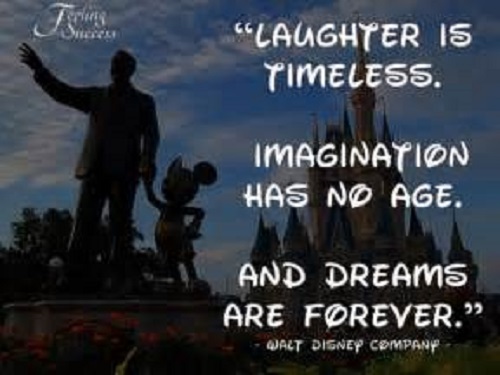Difference Between Dream and Imagination

Dream vs. Imagination
“Dream” and “imagination” are closely related words, but they still have a few distinctions. Both “dream” and “imagination” refer to mental processes, states, and products of a person’s mind. Both are also experiential. The two states are not based on or influenced by reality. They also refer to the capacity and creativity of an individual.
“Dream” and “imagination” are often mistaken for one another simply because they exist in the same context – the mental mind. They can influence each other in many instances, and sometimes they can also be influenced by environmental factors with the help of the five senses.
However, there is a line drawn between the two concepts. Imagination, for one, is the act, power, or ability to create and form mental images, pictures, sounds, or other sensory events that are not present in reality. Imagination often requires a stimulus or inspiration to “release” more ideas or options.
Imagination can happen suddenly (when one is struck by inspiration or a stimulus) and then deliberately (when the person makes an effort to pursue avenues of the idea).
Imagination happens in a conscious state.
A dream, on the other hand, is a series of the same sensory abilities without making an effort to create them. Dreams usually happen during unconsciousness or in a state of sleep. They can also happen during consciousness, which is often termed as daydreaming. In a state of sleep, dreams occur during the rapid eye movement (REM) stage.
In comparing both concepts, some claim that imagination is like an experiment; it tries to explore possibilities and options in a certain avenue. Meanwhile, dreams are often regarded as a sort of self-reflection. Furthermore, dreams have varying themes like sexual, adventurous, frightening, magical, and many others.
Imagination can also have effects when used. Usually, literary works, art, or other mediums of expression are products of the imagination. The same can be said for dreams; however, dreams also have a special place in other fields because they are regarded as a tool for “meaning-making,” signs, or premonitions. They are usually subjects for interpretation and divine intervention.
Dreams can occur in a single episode or as a series of related dreams. There are also instances when people remember or do not remember their dreams.
Summary:
1. Both dream and imagination have similar grounds. Both are mental processes, states, and products. They are experiential in nature and use abstraction and metaphor in the duration of their state. They are also referred to as the abilities of a person. Both abilities form mental images or perform mental sensory abilities like touch, hearing, or taste.
2. Imagination is a conscious effort that happens after being fed by a stimulus or inspiration (whether internal or external). On the other hand, dreams can also be influenced or inspired, but they are usually an unconscious event.
3. Imagination usually happens in a conscious state, while dreams occur in a state of sleep. However, dreams can also happen in a waking state (often referred to as daydreams).
4. Imagination is a sort of exercise or a method of experimentation, while dreams are also treated as a sort of self-reflection.
5. Imagination is often not interested and treated as it is. Dreams are often subject to interpretation or made into a sense of meaning. There has been a cultural thought that dreams are tools to convey signs or premonitions.
6. Both imagination and dreams can affect one another. They can also be expressed or made into an output. In addition, both are often considered as creative in nature.
- Differences Between Fraternity And Sorority - January 8, 2014
- Differences Between Lucite and Plastic - January 7, 2014
- Differences Between Oil and Butter - January 6, 2014
Read More ESL Articles
Search DifferenceBetween.net :
1 Comment
Leave a Response
References :
[0]http://stjohnsmom.blogspot.in/2012_12_01_archive.html

Are dreams or imaginations physical or mental? If physical where do they exist? If mental can they influence behavior? If you are a materialist how do you explain a dream or image (non material) affecting material?